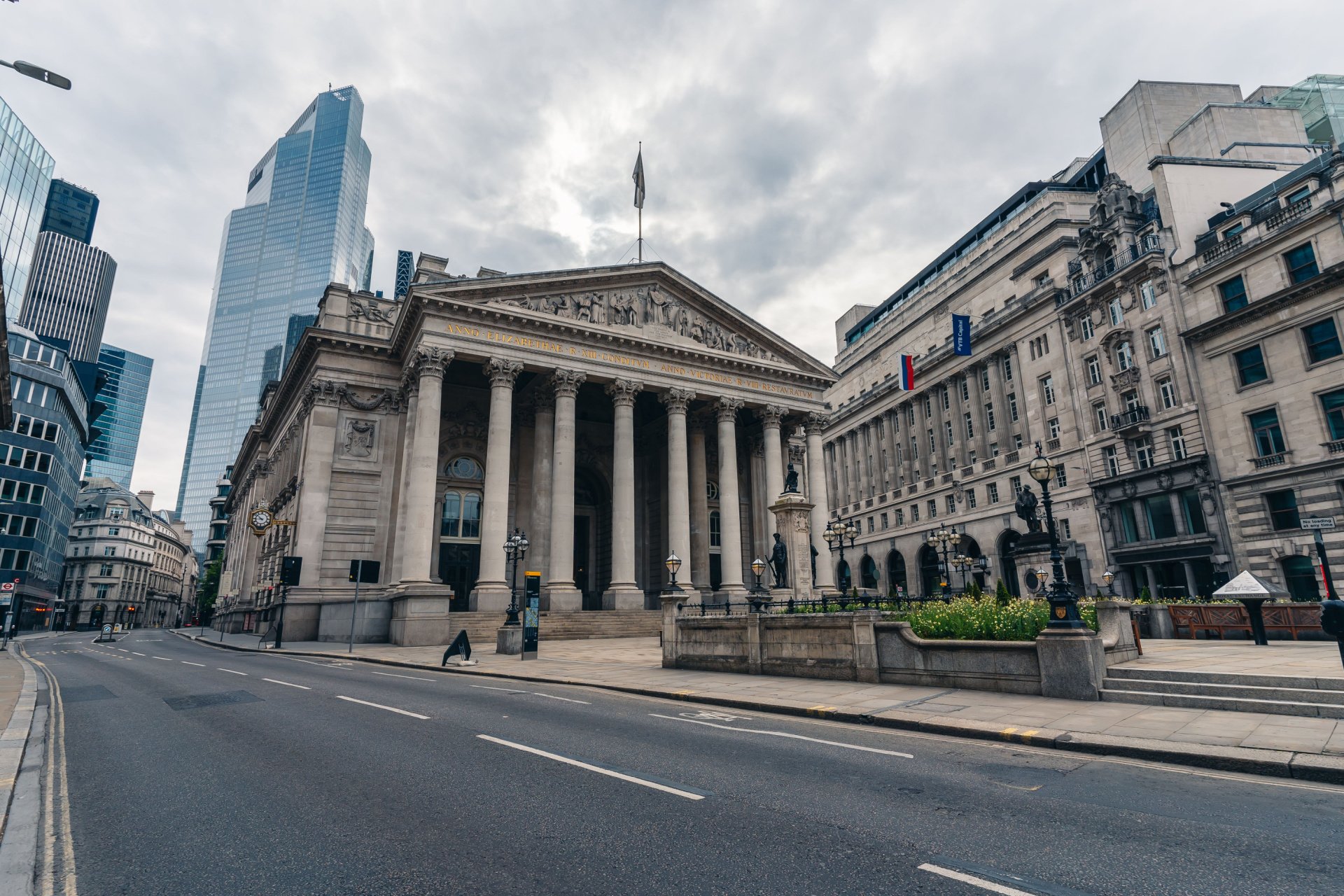Weekly Briefing: PE proves resilient, UK economy returns to growth & shock rise in inflation
In this week's edition of the GCV weekly briefing, we cover headlines from the past week including Pitchbook’s Annual European PE Breakdown report, the latest figures on the UK’s economic growth, and more.
UK Economy
UK Economy Returned to Growth in November
- The UK economy grew in November 2023, with a 0.3% increase in gross domestic product (GDP) following a 0.3% decline in October.
- Consumer spending, driven by Black Friday sales, contributed to the economic recovery during the start of the Christmas shopping season.
- The services sector – including retail, car leasing, and video games companies – played a key role in the bounce-back, according to Office for National Statistics Chief Economist Grant Fitzner.
- However, Fitzner reiterated that the economy has shown limited growth over the past year.
During the three-month period leading up to the end of November, there was an estimated 0.2% decline in GDP, reflecting the strain on households amidst the ongoing cost of living crisis.
UK Inflation Shows Surprise Rise
- Inflation sped up for the first time in 10 months in December, rising to 4.0%.
- This is an increase from November's more-than-two-year low of 3.9%, and contrasted with expectations for a drop to 3.8% in a Reuters poll of economists.
- The ONS said December's increase in inflation was driven by a rise in tobacco duty that took effect in late November 2023.
- The rise has put into question market expectations for an early Bank of England (BoE) rate cut, with Reuters stating that “interest rate futures implied a roughly 60% chance that the BoE would start to cut rates by mid-May, down from just over 80% late on Tuesday 16th January.
- Inflation began to fall faster than expected in the latter months of 2023, leading some economists to predict that it would be back at the BoE's 2% target by April or May this year.
- Michael Saunders, a former BoE policymaker, said: “The bigger picture is that inflation is falling more sharply overall than the Bank of England had expected a few months ago. Their thoughts will be starting to turn towards interest rates possibly coming down later this year [...] perhaps starting around the middle of the year.”
UK Tax Update
HMRC Cracks Down on ‘Side Hustle Tax’
- Driven by companies such as Airbnb, Vinted, Etsy and Fiverr, we have witnessed significant growth in the gig economy in recent years.
- The UK Government has been closely monitoring gig economy numbers, which are anticipated to surpass £72 billion annually, and since 1st January 2024, digital platforms such as those mentioned above have been required to collect information on how much money their users make.
- The new rules from HMRC aim to reduce tax avoidance by sellers who regularly use digital platforms to earn over £1,000 per tax year. This threshold figure is known as the trading allowance.
- Online sellers or freelancers earning an income above this figure from self-employment, property, or other sources may need to register for self-assessment and pay tax on the profits.
- The tax owed by the seller will remain unchanged from previous years; however, the distinction lies in the fact that the UK Government will now have a clearer understanding of an individual's income moving forward.
Private Equity
PE Proved Resilient in 2023
- Pitchbook’s Annual European PE Breakdown has stated that “the best word to summarise the trends of 2023 in European PE would have to be resilience.”
According to the report, deal value in 2023 was down 26.5% YoY, but deal count increased 4.4% YoY. - Deal value was also still 10% to 20% higher than pre-2021 levels – with 2021 and 2022 considered to be outlier years – exemplifying the resilience of PE as an asset class despite macroeconomic headwinds.
- In terms of capital raised, 2023 was an almost-record year for PE fundraising in Europe, with almost €120 billion in new capital raised across 117 funds.
PE Deal Activity
Source: Pitchbook
Notes: Accurate as of 31st December 2023.
Investing
Chancellor Calls for Further Investment Into the UK’s Tech Industry
- At the World Economic Forum in Davos, Chancellor Jeremy Hunt has championed British excellence in tech, calling for more investment into the UK’s tech industry.
- Hunt said: “We boast some of the best and brightest businesses in sectors of the future like digital technology and life sciences. It's these areas of strength that are going to drive growth across the UK economy in years to come.”
- Sitting on the ‘Technology in a Turbulent World’ panel, the Chancellor also expressed, when discussing AI, that “we have choices now and the choice we need to make is how to harness it so it is a force for good”.
- Sachin Agrawal, UK Managing Director at Zoho UK, said: “Emphasis on tech investment is a welcome sight for enterprise businesses, and funding would potentially enable these companies to continue research and development projects for emerging technologies to develop solutions that could help to place the UK as a global hub for technology advancements.”
A Final Note
It’s excellent to see from Pitchbook’s analysis that PE proved resilient throughout 2023, showing continued growth despite the obvious macroeconomic pressures of recent years.
Moreover, it’s somewhat surprising to see a rise – though small – in UK inflation amidst expectations of a continuous fall over this year. We’ll be sure to monitor this closely in the coming weeks and months to see how it will impact the BoE’s upcoming interest rate decisions.
At GCV, we remain committed to providing the latest insights into the investment and wider economic landscape in order to support investors in making well-informed decisions when choosing where to allocate their capital.
If you would like to find out more about a number of tax-efficient investment strategies available to UK investors, discover our range of downloadable resources here.
%20(3)%20(2).jpg)








